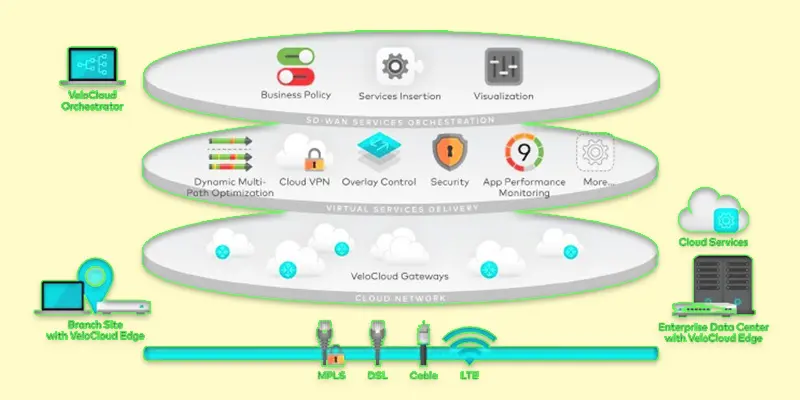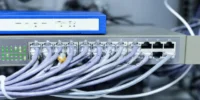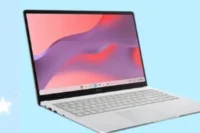What is the RAM? Definition, Examples, and Complete Overview
Published: 26 Jan 2025
What is RAM in Computer in Simple Words
An essential part of any computer is Random Access Memory (RAM), which is in charge of temporarily storing data for easy access. Have you ever wondered why your computer slows down when you open too many tabs or run heavy programs? It’s likely due to insufficient RAM, which limits your device’s ability to multitask efficiently. Imagine trying to work on a small, cluttered desk. It’s frustrating and inefficient. Understanding RAM can help you make informed decisions to boost your system’s performance and simplify your computing experience.
What is a RAM?
Computer memory, known as Random Access Memory (RAM), temporarily stores information that your system needs for quick access. It helps your device run multiple tasks smoothly by providing fast access to active programs and files. Unlike permanent storage, RAM clears when the device is turned off, making it essential for real-time performance and speed.
What is the Definition of RAM in Simple Words
Random Access Memory (RAM) is a short-term storage system in computers that quickly holds data required for running programs, ensuring fast and efficient performance.
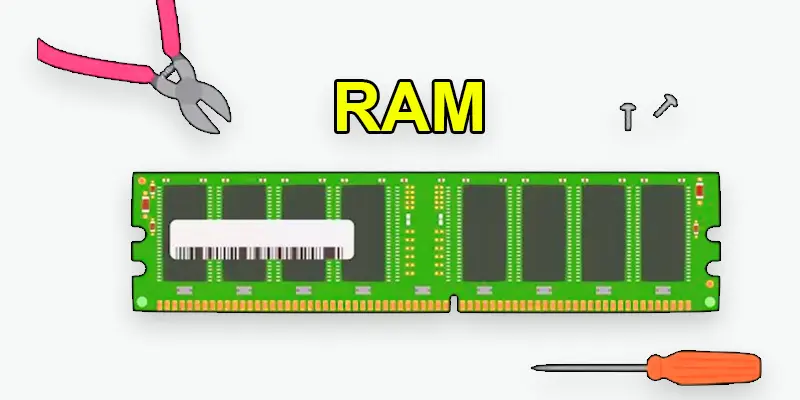
Example of RAM in Daily Life Devices
An example of RAM in action is when you’re working on a document while listening to music and browsing the web. The RAM temporarily stores the data from all these tasks, allowing your computer to switch between them quickly. Without enough RAM, your computer would struggle to keep everything running smoothly, leading to slowdowns or freezes.
Purpose of RAM and How it Improves Performance
- Stores data temporarily for quick access.
- Helps your computer run multiple programs at once.
- Speeds up data processing and improves system performance.
- Reduces the time it takes to switch between tasks.
- Allows smoother operation of complex applications.
What Does RAM Do?
Random Access Memory, or RAM, is essential to the functionality of your computer. It temporarily stores data from running applications, allowing quick access and smooth multitasking. Your computer can manage more apps at once and move between tasks more quickly if it has more RAM.
- Temporarily stores data for quick access.
- Helps your computer multitask smoothly.
- Allows fast switching between running programs.
- Affects the overall speed and performance of your system.
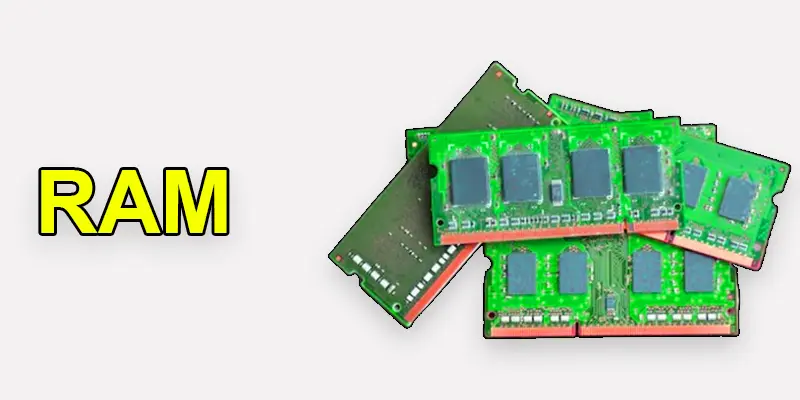
The amount of RAM you need depends on how you use your computer. Whether you’re browsing the web, gaming, or editing videos, the right amount of RAM ensures smooth performance. Too little RAM can slow down your computer while having more than you need might not provide significant benefits.
- For basic tasks (browsing, word processing): 4GB to 8 GB.
- For gaming or heavy multitasking: 16GB or more.
- For video editing or graphic design: 32GB or higher.
- More RAM improves speed and multitasking ability.
| Do You Need to Upgrade Your RAM? |
|---|
|
Your computer’s speed can be greatly improved by upgrading your RAM, particularly if it’s having trouble multitasking or running demanding apps. If you notice lagging, slowdowns, or frequent crashes, increasing your RAM could be the solution for a smoother experience.
|
RAM works as your computer’s short-term memory, quickly storing and accessing data needed to run apps and tasks smoothly.
- RAM stores data temporarily while your computer is running.
- It gives the processor quick access to active programs and files.
- When you open an app, it loads into RAM for faster use.
- RAM clears its data when the computer is turned off.
- More RAM means smoother multitasking and faster performance.
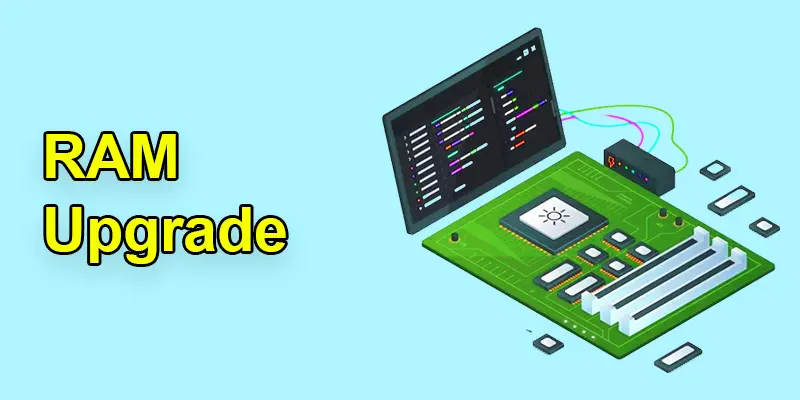
| Why is RAM Important in a Computer System? |
|---|
|
RAM is important because it helps your computer run programs quickly. It stores data that your device needs right now, so you can switch between apps smoothly. Without enough RAM, your system slows down and struggles with multitasking. More RAM means better performance for tasks like gaming, video editing, or browsing with many tabs open. It allows your device to handle more work without freezing or crashing. That’s why upgrading RAM is a smart way to boost speed. |
Conclusion about RAM Random Access Memory
If your computer is struggling with multiple programs, taking too long to open applications, or freezing frequently, upgrading your RAM can make a significant difference. Faster data processing, more seamless multitasking, and improved performance for demanding apps are all made possible with more RAM. If you’re noticing these issues, it might be time to consider an upgrade to improve your computer’s efficiency. Don’t wait for slowdowns to affect your productivity. Check your system’s RAM and see if an upgrade is the right choice for you.
FAQS
A type of computer storage called Random Access Memory, or RAM, temporarily stores data so the CPU can access it quickly. It helps improve system performance by allowing fast retrieval of information for running programs.
RAM is a kind of computer memory that allows for seamless multitasking and speedy program execution by temporarily storing data for quick access.
No, a computer cannot function without RAM, as it stores the data needed for the system to run programs and perform tasks.
RAM means Random Access Memory, while ROM refers to Read-Only Memory.
More RAM can help improve FPS (frames per second) in some cases, especially in games or applications that require a lot of memory, but the GPU is more responsible for FPS.

- Be Respectful
- Stay Relevant
- Stay Positive
- True Feedback
- Encourage Discussion
- Avoid Spamming
- No Fake News
- Don't Copy-Paste
- No Personal Attacks

- Be Respectful
- Stay Relevant
- Stay Positive
- True Feedback
- Encourage Discussion
- Avoid Spamming
- No Fake News
- Don't Copy-Paste
- No Personal Attacks
